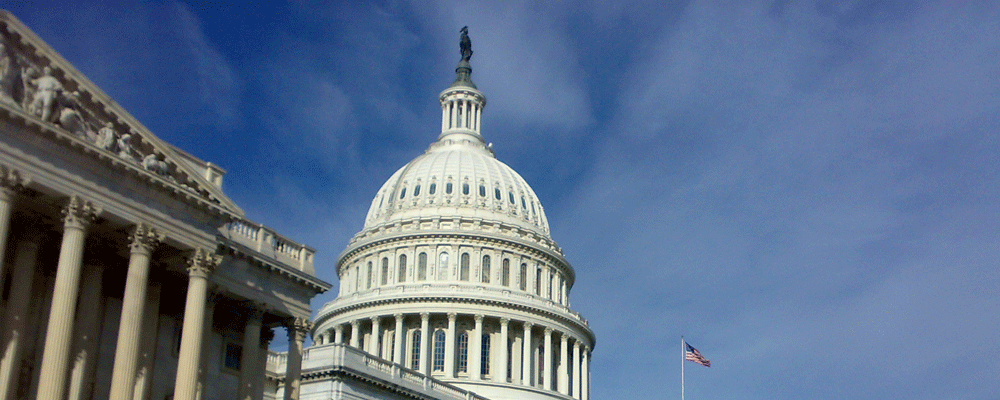January 24, 2022 – The Society for Women’s Health Research released the following statement in response to the January 2022 bipartisan congressional letter to HHS Secretary Becerra on pregnant and lactating women.
The Society for Women’s Health Research (SWHR) thanks Representatives Lois Frankel (D-FL), Jaime Herrera Beutler (R-WA), and Lucille Roybal-Allard (D-CA) for calling on HHS Secretary Xavier Becerra to reinstate the charter of the Task Force on Research Specific to Pregnant and Lactating Women (PGLAC) or create a similar task force to oversee the implementation of PRGLAC’s recommendations and continue to monitor progress.
Despite the fact that each year nearly 4 million people in the United States give birth and more than 3 million breastfeed their infants, not enough is known about the effect of most drugs on a woman or a pregnancy, or the ways in which pregnancy may alter one’s response to medication. PRGLAC was established in 2016 under the 21st Century Cures Act to address this critical knowledge gap and to serve as a catalyst for building an evidence base so women and their physicians are able to make informed health care decisions about medication safety.
While progress has been made in improving treatment options for this population, much remains to be done. To build on the promise of PRGLAG, SWHR encourages Secretary Becerra to heed the call of Representatives Frankel, Herrera Beutler, and Roybal-Allard and extend PRGLAC’s charter or establish a comparable advisory committee to ensure continued management and implementation of the PRGLAC report’s recommendations.
SWHR remains committed to driving policy change that will benefit pregnant and lactating populations. In December 2021, SWHR spearheaded a community sign-on letter to Representatives Diana DeGette (D-CO) and Fred Upton (R-MI) urging the inclusion of provisions related to pregnant and lactating populations in research in the Cures 2.0 Act, and will work to support this effort as well. We are grateful to see this issue being prioritized in a bipartisan manner and look forward to continuing our work with Congress, the administration, and our colleagues in the public health and scientific community on moving these priorities forward.
